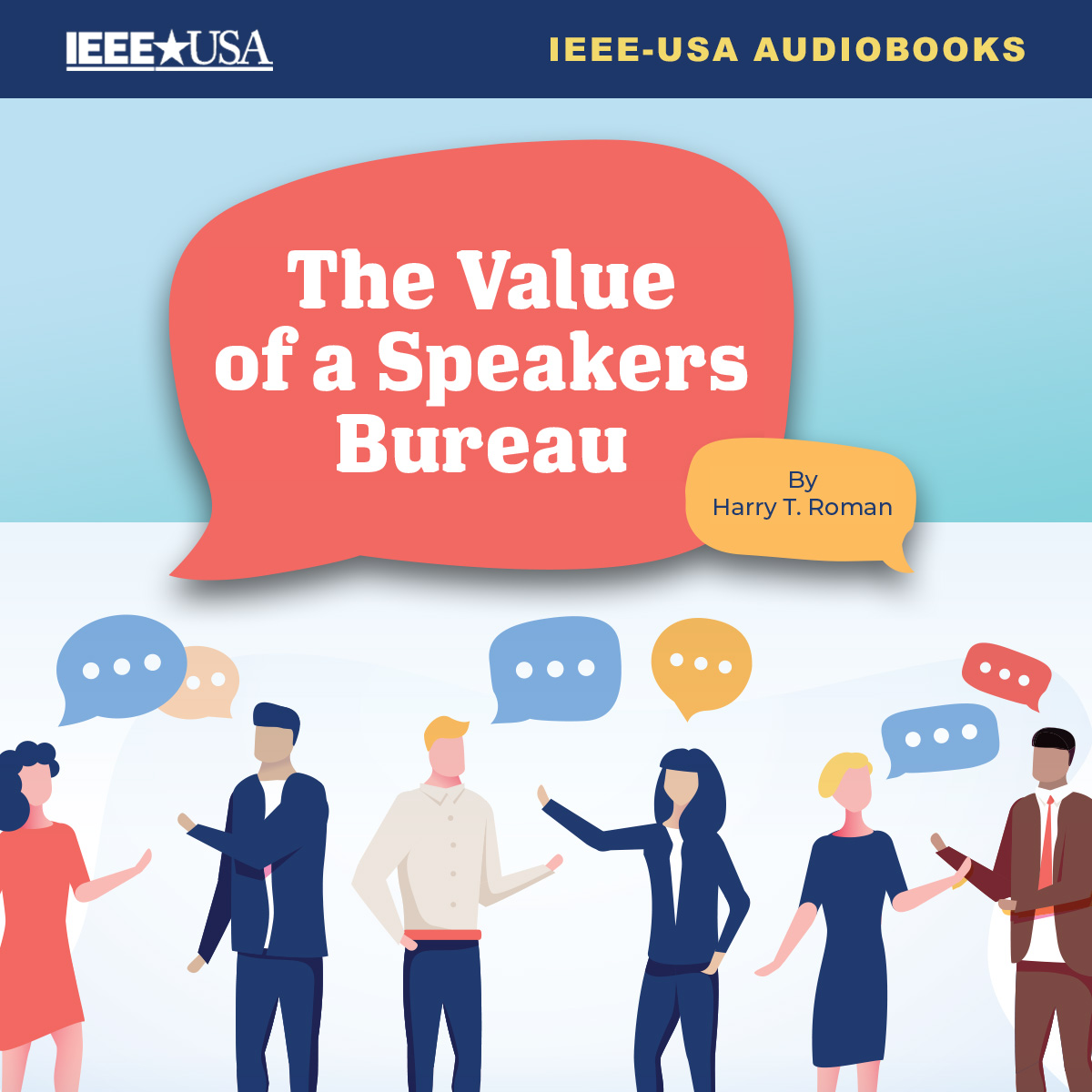
Companies can benefit from a speakers bureau by raising their profiles in the community and engaging employees. Roman suggests good components of a speakers bureau should include special training sessions, opportunities to practice presentations, paring new speakers with experienced ones, regularly sending company “ambassadors” updates on key issues, and holding an annual speakers’ recognition and education day.
Roman says a key component of any presentation is the ending question and answer period. He emphasizes speakers should establish a feedback loop to bring back tough questions or issues the audience raises. “Company ambassadors have their fingers on the public pulse. They can alert corporate leaders to trends, complaints, or strong emotions about something the company is doing or involved in — a kind of early warning network.”
While Roman goes discusses the varied company benefits of speakers bureaus, he clearly believes speakers benefit as much, or even more. He notes, “Nothing can take the place of acquiring great public speaking skills, followed by the joy of nailing a presentation, and handling the tough Q&A session that follows. Talk about a confidence builder.”
Roman observes that, in his career, nothing tops public speaking skills for ensuring long-term success as an engineer. In addition, he suggests participating in a speaker’s bureau may give employees the opportunity to rub elbows with company senior management, strengthen a connection to the company, and provide an opportunity to meet new people and develop new contacts.
The author also explains how to deal with someone in the audience who disagrees, or asks a question to which you do not know the answer. He cautions the presenter never to “lash out,” even if someone in your audience has said something objectionable, or even false. He warns, “It is never a good idea to respond negatively. It is best to think strategically. Put emotions on the back burner.”
Roman also suggests never to offer a “no comment,” response, as it is too easy for audience members to conclude you have something to hide.
He also warns not to make up an answer, if you do not know one. “If you do not have enough information to give a solid response, say so, and assure the person asking that you will get back to them with more details. Then, make sure you follow up.”
The author ends his book asserting, “Never discount where corporate-derived skills like public speaking can lead you.” In retirement, for Roman that has meant lecturing on Thomas Edison as a docent at the Thomas Edison National Park and Laboratories in West Orange, NJ; serving as the head of his town’s water commission; regularly presenting in New Jersey classrooms; and teaching courses at New Jersey colleges. He credits much of his success in each of these endeavors to public speaking skills he developed, in part, from his active participation in a speaker’s bureau.
The Value of a Speaker’s Bureau audiobook, by Harry T. Roman is available free from the IEEE-USA Shop.
Roman holds 12 U.S. patents; has received numerous awards, including IEEE Outstanding Engineering Award; a Meritorious Achievement Award for developing continuing education products for IEEE members, and Region 1’s Excellence in Teaching Award. The New Jersey Technology Education and Engineering Association named Roman a Distinguished Technology Educator, and the New Jersey Inventors Hall of Fame honored him with an Inventor of the Year Award for his application of mobile robots in hazardous work environments. Throughout his engineering career, Roman worked with schools around the state, bringing the excitement of real-world problem-solving into the classroom.







